The thirty-hour journey from New York to Livingstone, Zambia, gave me a lot of time to reflect on my life until now. It occurred to me that I have never lived anywhere else besides my home state of New York. For the next three months, I would be living in a different country and new place for the first time in my life. After months of preparation and talking about my adventure, I was so happy to finally arrive in Livingstone, even if I was exhausted from a very long journey. As soon as I stepped off the plane, a wave of relief ran through my body; I had finally made it.
While reflecting on my initial moments in Zambia, I realize now how my energy shifted as soon as I made my way to immigration. My exhaustion vanished and my adrenaline spiked as I smiled my way through the entire process. I recall taking in all the beautiful faces of the men and women working at the airport. I was happy to be in a country where I would be surrounded by reflections of myself as a black woman. Some of my adrenaline morphed into nerves as I didn’t know what to expect of the children or people of Zambia, but this feeling didn’t last long. I was ready to have a whirl-wind experience.
“Are you Zambian?”
My first day on African Impact’s Girl Empowerment Project in Livingstone (run in partnership with The Girl Impact) was a visit to the Dambwa Community School; a school they have been working with for a number of years. The moment we pulled up to the school gate, I was overcome with love for the kids. The smiles and energy they exuded just from seeing the volunteer bus put a smile on my face, although, I was a bit nervous about the children’s acceptance of me.
The children have grown accustomed to seeing white people come to their country and volunteer… but it’s not a secret that they don’t see many black international people. I was aware that the children have minimal interaction with black people from outside of Southern Africa, and could tell by some of their faces that they were a little wary of me because they didn’t know where to place me. It was when I spoke, and they heard my American accent, that they recognized that I wasn’t Zambian.
Moments later, a teenage boy (about fifteen years old) came up to me and asked me if I was Zambian. When I told him no, he quickly walked away. Later on that day, one of the volunteers told me they overheard the teenage boy’s friend saying: “I told you so.”. The whole interaction was very funny and since then, several other people have asked me the very same question… but no one has run off as quickly as that teenage boy did.
Being welcomed as a local
In my second week in Zambia, I was able to participate in African Impact’s medical program. I was glad to be allowed to go, since it’s not a part of my regular Girl Impact program. The program’s Project Manager Sander and I walked around the community of Linda, helping to clean and dress wounds. This was my first experience where I was not driven in the regular volunteer bus. It made a big difference as I was able to interact with locals, take in the community and its landscape, as well take in a moment or two to enjoy walking.
While visiting some of the patients, I was immediately greeted in Nyanja (the local language) with “Muli Bwanji”, which translates in English to “Hi, how are you?”. I happily responded with the Nyanja phrase “Bwino Bwanj” (“Good, how are you?”), but I also encountered people asking me other things in Nyanja that I did not understand. Something I did understand was that many of the locals thought I was Zambian. I was of course happy about this and understood why, as I look like a local with my hair in braids and have a complexion that is almost as dark as their own. But, this interaction with the locals made me think about my experience earlier in the year when I visited Ghana.
Questioning my identity
On several occasions while I was in Ghana I was called in Twi an Obroni, which translated to “white person/foreigner.” I was even asked by several people if one of my parents were white because of my “light” skin complexion. I knew my complexion was on the lighter side because of the winter months in the US, but the question took me off guard. I had never been asked this question before. Back home, I would never fall under the category of a person of mixed race, but in Ghana I did and in Zambia I did not.
While this will always stay with me, it was my last interaction with a little girl in Zambia that left the biggest impact on me. While Sander and I were finishing up our rounds, we passed by a home where a little girl (probably around eight years old) shouted out to me: “Black American! Black American!”. Because I was not really looking or speaking with her, it took me a moment to realize she had shouted to me. I smiled and waved at her after processing how she could have possibly guessed so right about me. It amazed me how the adults I encountered throughout the day were questioning my country of origin, but how a child with whom I did not speak to, saw me as myself. I will cherish that moment forever.
I have only visited two countries in Africa to date, but I am excited to continue my journey on this beautiful continent. I never imagined my identity being called into question while visiting the continent of my ancestors’ origins, but this was very naïve of me. As a Black American, I am unable to trace the exact country my ancestors came from, but so far I have a connection to both Ghana and Zambia. Although extremely different, I have been able to feel something that is missing at home in the U.S. – love and at peace.
Stay up to date and never miss out.
To stay up to date with our latest volunteer project developments, news and promotions. No spam, just high quality content.
"*" indicates required fields
Other recent blog posts
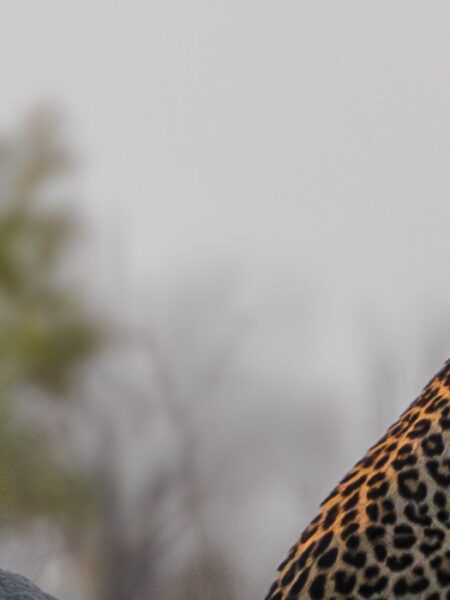
The IUCN Red List of Threatened Species

Essential Reading – Africa is Not a Country by Dipo Faloyin


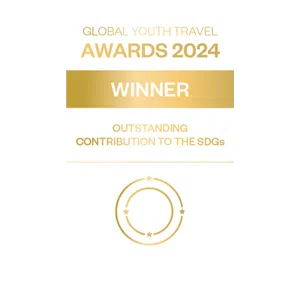
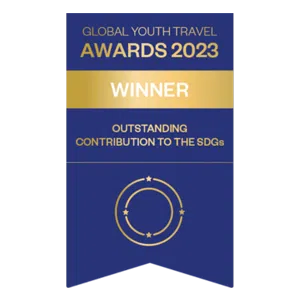
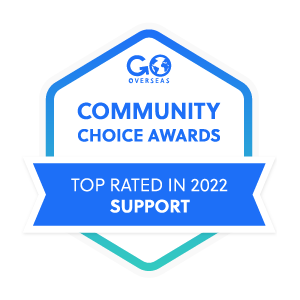
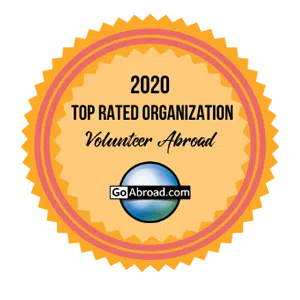


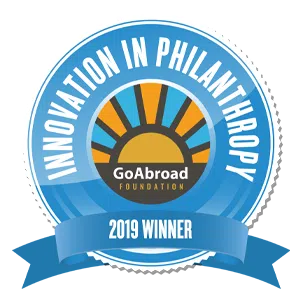
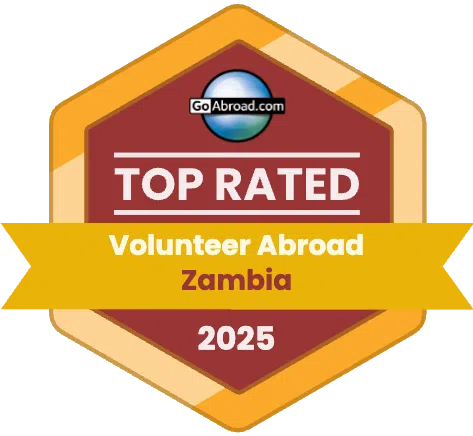
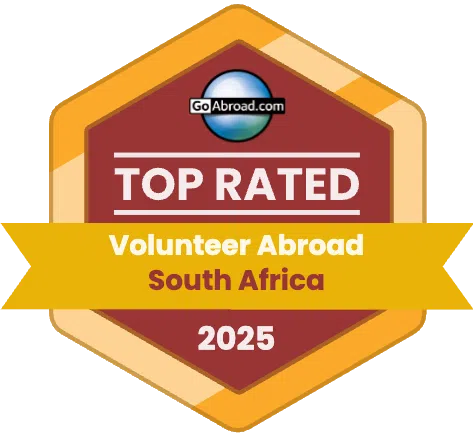
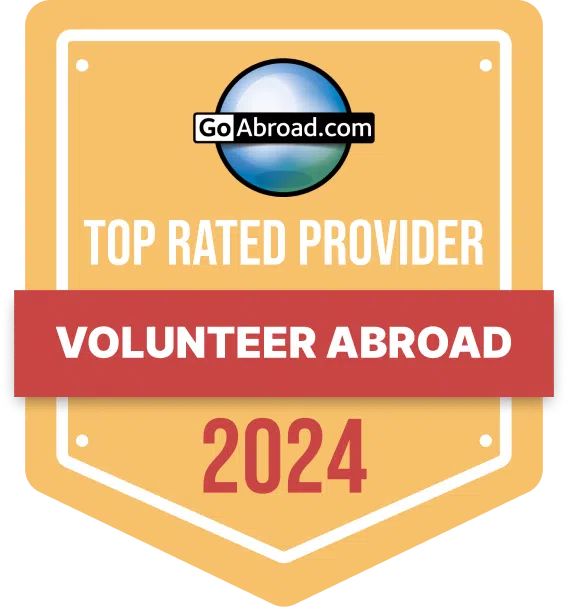
I am currently writing a paper and a bug appeared in the paper. I found what I wanted from your article. Thank you very much. Your article gave me a lot of inspiration. But hope you can explain your point in more detail because I have some questions, thank you. 20bet